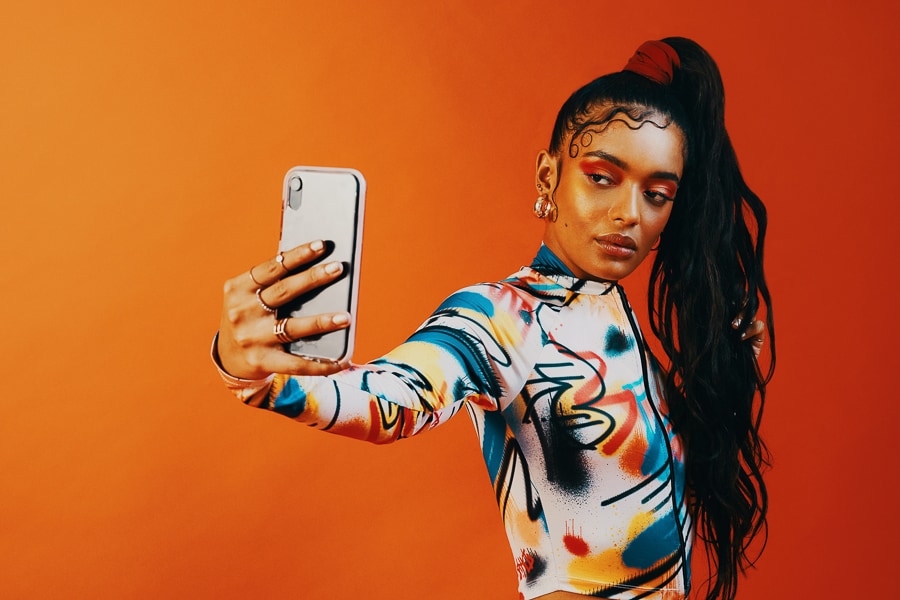How fast fashion is still riding high on social media
Responsible fashion seems to be the buzzword in the luxury vocabulary. But social networks are still fueling the bull run of high fashion where brands such as Zara, H&M, Mango, and Shein rule


 Image: Delmaine Donson / Getty Images"‹
Image: Delmaine Donson / Getty Images"‹
Sustainable, ethical and responsible fashion is everywhere (or almost) right now, with its innovations, its new materials, and its new production processes. But is it really so ubiquitous that it"s now overshadowing fast fashion? Not on social networks, where—on Instagram, at least—the most mentioned brands are largely part of what many now call "fast fashion." There"s still a long way to go, it seems.
The fashion industry is all about sustainable development right now and, since the beginning of the pandemic, the sector has accelerated its transition to a more responsible model. As a result, every day there is talk of new collections, new materials and even new brands, all responding to the (new) expectations of consumers. But what impact is this really having? Have the so-called sustainable and conscious brands become must-haves, especially among the younger generation, who are supposedly more committed to such causes? Not yet, according to the latest study from influencer marketing specialist Kolsquare,* analyzing the behavior of more than 100 fashion and accessories brands and 6.8 million posts on Instagram, TikTok, Twitter and Facebook.
The study reveals that two fast fashion giants—Zara and H&M—are the two brands most mentioned by influencers on Instagram in France. They come ahead of Kiabi, Shein, and Mango, but also Sézane, a brand with a significantly higher-end position and no doubt the one with the most advanced eco-conscious approach. Over in Spain, Zara also dominates the mentions, alongside Shein, while the About You brand leads the way in Germany, and Zara, H&M and ASOS are popular in the UK.
Fast fashion therefore seems to have ruled over social media in the past year, testifying to user interest in these fashion giants. While some so-called sustainable brands seem to make occasional breakthroughs, it"s still a far cry from the tidal wave expected, claimed or hoped for.
Looking to more green and inclusive influencers
While fast fashion"s low prices still seem to seduce social media users, they are gradually turning to more committed, more conscious brands and influencers, whether in terms of eco-friendliness or inclusivity. As the Kolsquare study points out, hashtags such as #slowfashionmovement, #upcycling, #diy, or, in another sphere, #bodypositive (3.9 billion views on TikTok), keep gaining ground, showing user interest for engaging social issues.
Indeed, social networks are places where consumers express ideas and opinions, especially on environmental and social issues. And, the study authors explain, as well as creating trends, Instagram and TikTok are also creating debates on these topics in the fashion industry. In fact, the bigger picture is more complex than simply pitching fast fashion against conscious fashion, as big brands are trying to make efforts, and consumers still want low prices and fast delivery.
*This study of fashion industry trends and Influencers is based on the analysis of Kolsquare data. It is based on more than 1.7 million Kolsquare influencers, including 207,019 profiles specific to different fashion sectors: accessories, jewelry, lingerie, shoes, children, luxury, sportswear, independent brands. Posts analyzed between June 2020 and May 2021 were identified through fashion-related hashtags and brand mentions on Instagram, YouTube, TikTok, Facebook and Twitter.
First Published: Jul 06, 2021, 16:56
Subscribe Now